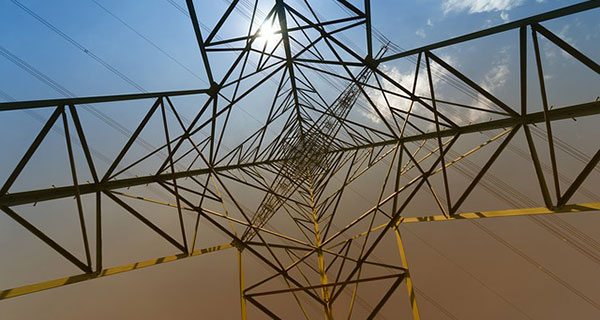 Public power utilities from B.C. to Newfoundland have expanded enormously, adding copious debt to provinces. This has burdened consumers and businesses with increasingly high power bills and will eventually lower their standards of living. With unsustainable debts, the provinces are going to be in trouble and restructuring looms for these companies.
Public power utilities from B.C. to Newfoundland have expanded enormously, adding copious debt to provinces. This has burdened consumers and businesses with increasingly high power bills and will eventually lower their standards of living. With unsustainable debts, the provinces are going to be in trouble and restructuring looms for these companies.
What’s happening in Puerto Rico may mirror Canada’s future.
The governor of the U.S. territory of Puerto Rico has announced the possible sale of its power utility, Puerto Rico Electric Power Authority (PREPA) to private investors, if there are any. PREPA has not recovered from devastating Hurricane Maria, which hit in September 2017. Nearly half of PREPA’s customers still have not had power reconnected.
Poor customer service is the least of PREPA’s problems. The most important problem is its high debt level. Much of its cash flow pays interest to creditors. And the company has antiquated power lines, substations, transformers and generating stations; a declining customer base; it must operate in a weak economy; and it has high-cost oil-fired generators.
Compounding all this are regulations, mainland-level wages and bad governance from politicians.
High power costs make local businesses uncompetitive, and force households to make hard choices between refrigerating food, air conditioning, television, computers or even light. These problems, of course, hasten the out-migration of the skilled and better-off.
The island’s government seems to be throwing in the towel, finally. It would like private investors to take PREPA off its hands. Yet that won’t be easy. PREPA is technically insolvent and the first claims on assets go to creditors. Puerto Ricans may have to settle for crumbs or perhaps even pay to have PREPA privatized.
In preparation for sale, PREPA operations and finances will need to be restructured, the company will need more capital investments to modernize equipment, and lower debt to ensure that the new firm’s finances are sustainable.
Why should this matter to Canadians?
PREPA is a sad example of what state ownership can do to a monopoly power utility even with a captive market. In Canada, we have several PREPAs but our political leaders are in denial about the potential problems. The huge debts carried by some companies are not fully repayable, so restructuring looms for some of our Crown utilities.
Backward-looking provincial governments have consistently ignored abundant, cheap natural gas reserves on the doorstep of SaskPower, BC Hydro and Manitoba Hydro, and engaged in political fights that sadly ignore near-unavoidable forces such as the federal government’s carbon tax. In addition, provincial governments such as Alberta’s are expensively phasing out coal-fired power. And there is now Manitoba’s dubious Climate and Green Plan.
If these Crown utilities were sold off, private investors with better management teams, and not taxpayers, would have to face those challenges. This can work out well, as in the case of Capital Power when Edmonton sold it off. Yet sell-offs can be devastating, at least temporarily, as with TransAlta. Fortunately, in the case of these two Alberta companies, taxpayers were not on the hook.
As PREPA’S situation shows, it may not be so easy to rationalize Crown power companies and restructure their debt so they don’t financially oppress future generations.
PREPA’s fate warns us how serious such damage can be and how costly it is to delay the inevitable.
Ian Madsen, CFA, is a senior fellow at the Frontier Centre for Public Policy.
The views, opinions and positions expressed by columnists and contributors are the author’s alone. They do not inherently or expressly reflect the views, opinions and/or positions of our publication.

